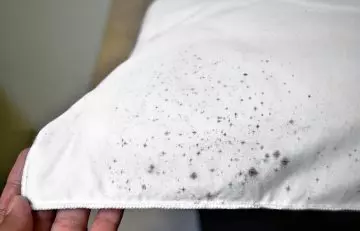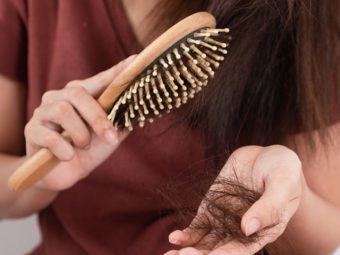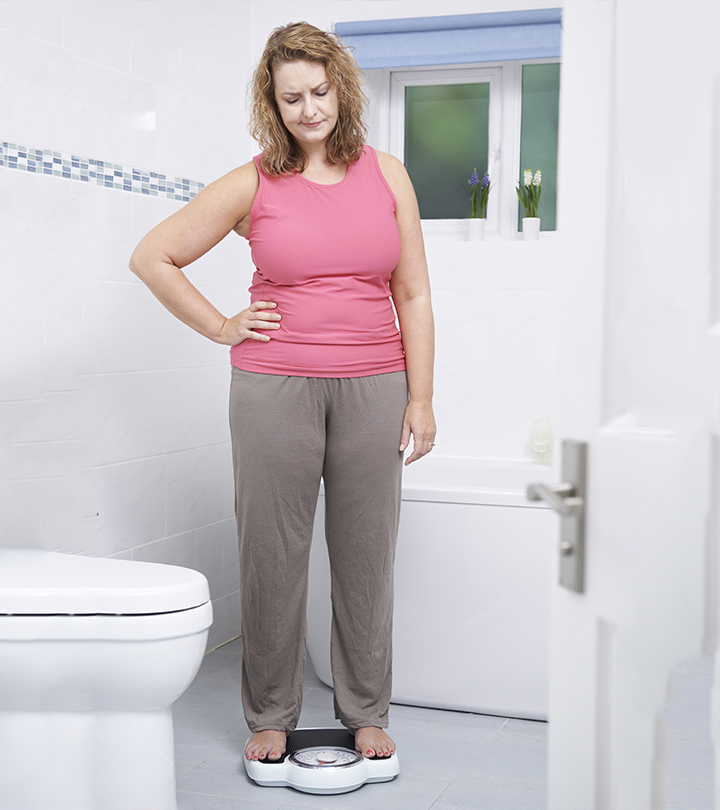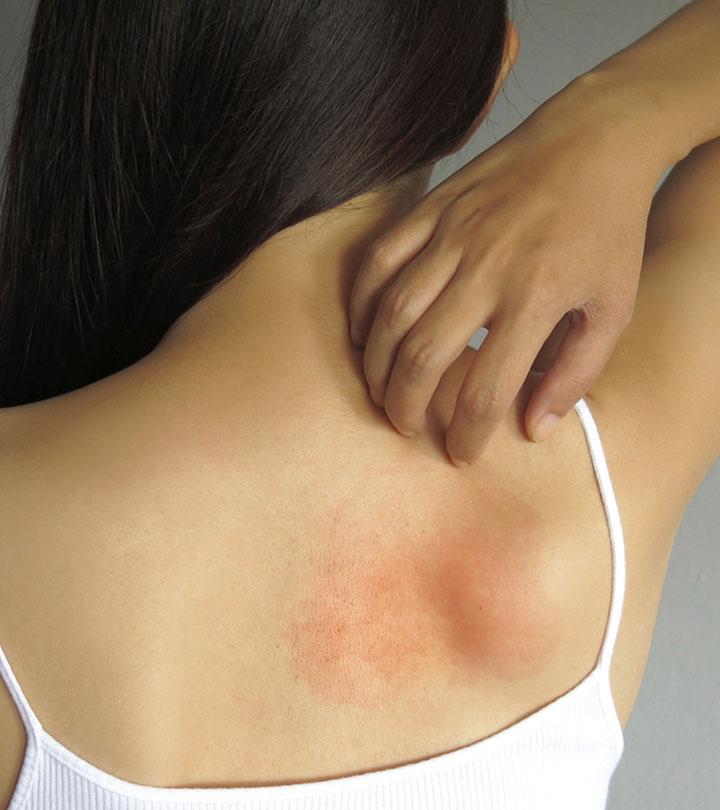How Is Your Pillow Affecting Your Health?

Image: Shutterstock
You might not even realize but every single thing you do may be affecting your health more than you can imagine. Not to sound alarming, but you already know that even little actions can sometimes lead to major consequences!
Now, while you have full knowledge about the common things that impact your health, such as your diet, the cleanliness of your house, the shoes you wear, etc., there’s one more that you never thought could put you in danger…
What is this mystery object, you ask?
Well, unlike others, this one is hidden in plain sight. It’s actually not hidden at all, to be honest. It’s something you use daily, in fact. We’re talking about your pillow!
The object you cozy up to every night can actually have a significant impact on your health. Curious to know how? Let’s find out!
The Link Between Your Pillow And Your Health
You probably never thought of this before, but even your pillow gets dirty and not just the covers you put on them. So, if you think changing and cleaning the pillowcases is equivalent to having a clean pillow, think again.
Over the due course of time, even your pillow picks up a lot of dirt, grime, bacteria, and allergens due to regular use. All of these substances combined can prove to be toxic and even lead to allergic reactions.
If you want to know exactly how your pillow affects your health, just keep reading.
Your Pillow – A Storehouse Of Dust Mites, Dirt, Fungi, Mold, Oils, And Toxic Chemicals
When you’ve been sleeping with the same pillow for months or even years, you can expect it to get soiled by things like your saliva, the oil on your head and face, the dust in your house, and other things (1). As a result, your pillow will accumulate a lot of nasty things, including E. coli bacteria, which will only increase as time passes by if you don’t wash it.
The effects of this on your health can be severe. For example, if you have asthma, sinusitis or any type of respiratory allergy, your symptoms can worsen if you sleep on the same pillow every day. You’ll likely end up experiencing more frequent bouts of sneezing or wheezing as well as other associated symptoms.
Besides, there’s a particular type of fungi that is most commonly found on pillows (known as Aspergillus fumigatus), which can cause severe allergic reactions even among those people who do not suffer from any kind of respiratory conditions. It can even cause lung infections (2), (3).
If you buy a synthetic pillow, you can definitely expect it to contain more species of fungi as compared to a cotton one.
Moreover, the molds that grow on your pillow due to overuse can produce lots and lots of spores, which when airborne, can cause allergies with symptoms such as a cough, stuffy nose, watery eyes, dry skin, and more (4).
Also, the dust mites on your pillows can occupy a space of up to one-third of your pillow, which can worsen your condition if you suffer from hay fever, dust allergies, rhinitis, and eczema, making it impossible to get a good night’s sleep (5)!
And if you thought that was the end of the dangers your pillow could pose for your health, it’s not. Pillows can, unfortunately, even be loaded with toxic chemicals. Especially those fancy ones that you buy off the rack from a supermarket. That’s because of the way they are manufactured. Even though the materials used may be organic, such as feather or cotton, they may go through several chemical processes before they end up on shelves in stores, making them not so safe for use.
Who knew that the innocent pillow could put you at risk of so many health issues, right?
Tips To Help You Get The Right And The Safest Pillows
If you want to save yourself from the dire predicament your pillows can put you in, you must follow certain tips:
- First, make sure you put your pillow in sunlight and fresh air every day. This can kill most of the germs your pillow acquires.
- Wash the pillowcase you have on at least once every week.
- If your pillow is washable, make sure you wash it at least once a month. If not, be sure to get new pillows every 6 or 12 months.
- Stock up on pillow protectors that repel dust mites and bed bugs and make sure you wash them once in every two weeks.
- Always ensure your pillow is dry. This prevents mildew.
- Keep your bedroom clean and dust-free so your pillows don’t get dirty.
- Invest in hypoallergenic pillows if you are overly sensitive. However, ensure you don’t get those with a high chemical content as they can harm you.
- The best kind of pillows are those made with feathers or down as they are chemical-free and clean.
Sleeping is the time when your body restores and regenerates itself, so there should be nothing that interferes with that process. Ergo, use the right pillow and follow proper pillow-care instructions to stay healthy.


























